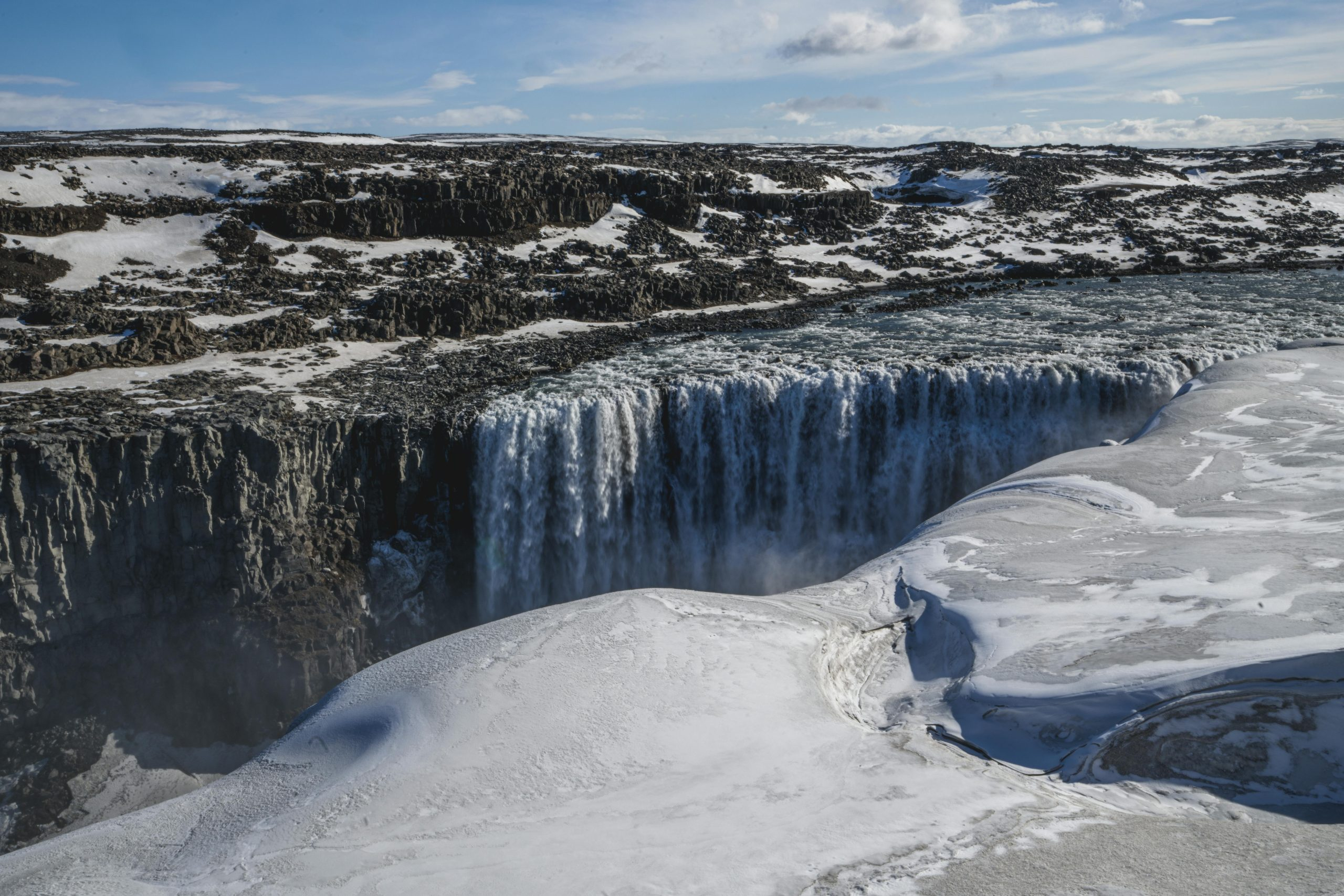Climate Lawsuits Targeting Fossil Fuel Companies
Climate change is a pressing issue that continues to grab headlines and spark debate around the world. As the effects of greenhouse gas emissions become more apparent, the responsibility falls on those who contribute to its advancement. One group that has come under intense scrutiny and legal action in recent years is the fossil fuel industry. With increasing evidence that ties their activities to climate change, companies are now facing a wave of lawsuits that seek to hold them accountable for their actions.
The Rise of Climate Lawsuits
In the past few decades, the threat of climate change has become impossible to ignore. From extreme weather events to rising sea levels, the impacts are being felt all over the globe. With the scientific community firmly in consensus that human activities, particularly the burning of fossil fuels, are contributing to this crisis, the focus has shifted to those responsible for producing and promoting these fuels.
This is where climate lawsuits come in. These legal actions have been brought against fossil fuel companies by a wide range of plaintiffs, from individuals to entire cities and states. The goal of these lawsuits is to hold companies accountable for their contribution to climate change and seek compensation for the damages caused by their actions.
Fossil Fuel Companies as the Main Target
Over the years, there have been several high-profile cases filed against fossil fuel companies, with more being added to the list as the evidence against them continues to mount. One of the notable cases is that of the city of New York, which sued five major oil companies in 2018 for their role in climate change. The city alleged that these companies, including ExxonMobil, Chevron, and BP, knew of the negative effects of their products but intentionally concealed this information from the public.
The grounds for these lawsuits vary, but the main argument is that fossil fuel companies have known about the dangers of their activities for years and have failed to act responsibly in the face of this knowledge. The production and promotion of fossil fuels have continued, despite knowing that it contributes significantly to the rapid rise in greenhouse gas emissions.
Challenges Faced by Climate Lawsuits
While climate lawsuits may seem like a logical step towards holding fossil fuel companies accountable, they have not been without their fair share of challenges. One of the main obstacles is the high burden of proof needed to prove causation between the actions of these companies and the damages incurred by the plaintiffs. This requires extensive scientific evidence and data, which can be difficult to obtain and present in court.
Additionally, the vast resources of fossil fuel companies, in terms of financial and legal power, make it an uphill battle for plaintiffs to win these cases. The high costs of litigation, coupled with the uncertainty of legal outcomes, can also deter individuals and organizations from taking legal action.
The Impact of Climate Lawsuits
Despite the challenges, there have been some notable successes in climate lawsuits against fossil fuel companies. In 2019, ExxonMobil was ordered to pay $2.75 million in civil penalties for violating the Clean Air Act in Colorado. This came after a five-year-long litigation battle that began with a complaint filed by the state’s attorney general in 2014.
These lawsuits have also brought about more public awareness of the role of fossil fuel companies in climate change, forcing them to become more transparent in their operations and make efforts to reduce their carbon footprint. This pressure has also led to some companies diversifying into renewable energy sources, signaling a shift in the industry as a whole.
The Need for Collective Action
While individual lawsuits against fossil fuel companies are important steps towards accountability, ultimately, it will take collective action from governments, businesses, and individuals to address the climate crisis effectively. Governments must enforce stricter regulations on greenhouse gas emissions, and businesses must prioritize sustainable practices. As individuals, we can make a difference by reducing our carbon footprint and using our voices to demand action from those in power.
Conclusion
Climate lawsuits targeting fossil fuel companies have undoubtedly caused a stir in the industry and brought much-needed attention to the role these companies play in causing climate change. While there have been some successes, the road to holding them accountable is long and challenging. However, these lawsuits, along with other efforts to combat climate change, serve as a reminder that we must all do our part to protect the planet for future generations.










